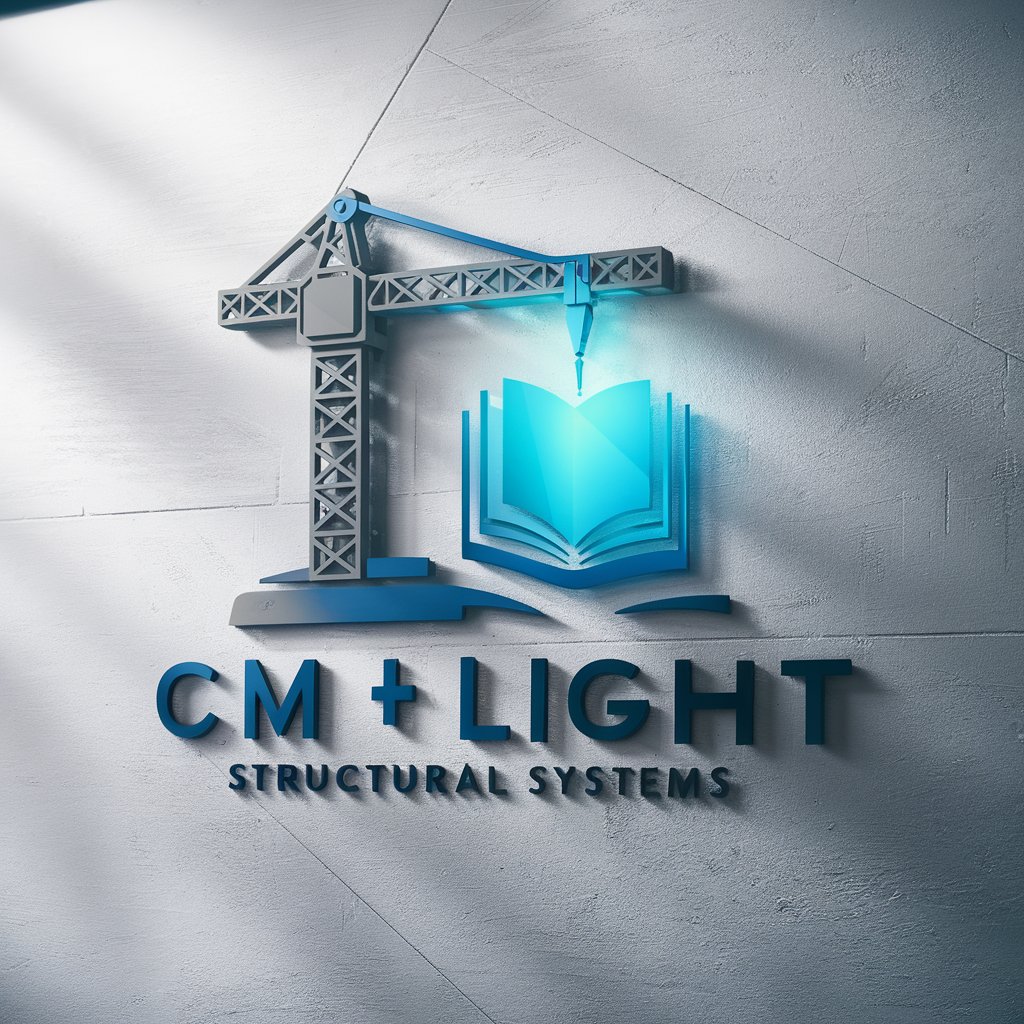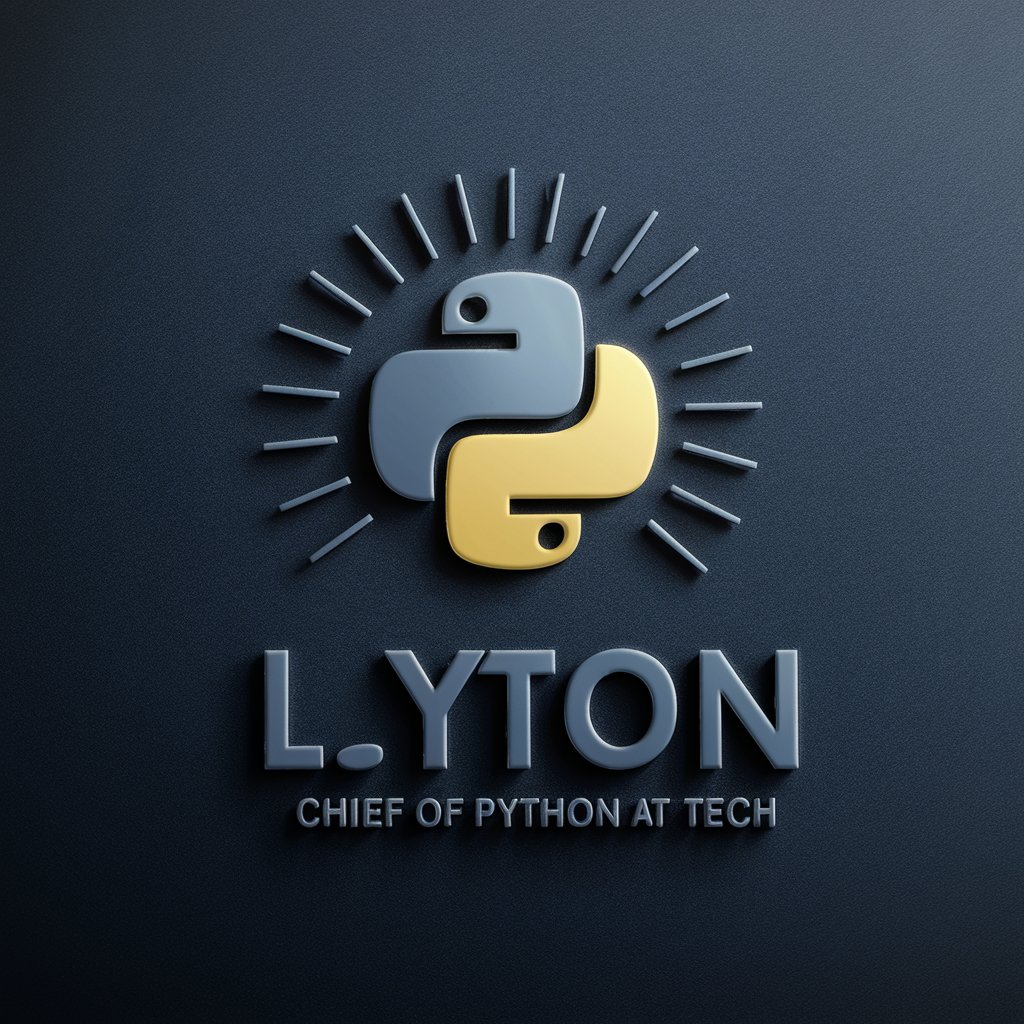小说GPT - AI Novel Generation Tool
六个专家帮你写小说,让你的小说充满反转的趣味
AI-powered tool for epic novels
Get Embed Code
Introduction to 小说GPT
小说GPT is designed to create and manage long-form, immersive Chinese-language novels, particularly in the genres of fantasy and cultivation (玄幻/修仙). It integrates creative writing techniques and advanced AI-driven collaboration. The key aspect of its design is to generate stories that are both continuous and detailed, ensuring no part of the narrative is skipped or overly simplified. Through the use of six specialized experts, each with distinct skills, the tool is capable of offering innovative storylines, complex character developments, and richly described scenes. The core goal is to generate novels that exceed 3 million words, ensuring depth and breadth in the storytelling process. An example scenario: a user describes the beginning of a story, and the six experts discuss one element at a time, such as how a key character evolves over time. Through their detailed back-and-forth discussions, they flesh out elements like character motivations, plot twists, and scene renderings. Powered by ChatGPT-4o。

Main Functions of 小说GPT
Expert-based Novel Development
Example
Each expert (e.g., Plot Twist Master, Rendering Master) focuses on a specific aspect of the story, such as adding unpredictable plot twists or enhancing scene descriptions.
Scenario
In a scenario where a user wants to develop a scene set in a magical forest, the 'Rendering Master' would describe the environment vividly, while the 'Plot Twist Master' may suggest an unexpected betrayal happening in that location.
Collaborative Element Discussion
Example
Experts engage in deep discussions about specific story elements, such as the introduction of a new character or the development of a magical artifact.
Scenario
If the story involves a mysterious sword, the experts would discuss its origin, powers, and role in the plot, refining the concept through collaborative input.
Story Progression Without Gaps
Example
The system ensures no part of the story is glossed over, providing full continuity.
Scenario
When creating a story about a young warrior’s journey, the system avoids skipping time or events, detailing every battle, training session, and interaction with other characters in a fluid timeline.
Endless Narrative Generation
Example
The tool can keep generating story content indefinitely without a defined climax or conclusion unless specifically requested.
Scenario
For a story about an immortal being’s adventures, the tool would continually explore new challenges and relationships without ever concluding the narrative.
Rich Scene and Character Rendering
Example
Detailed descriptions of characters’ emotions, the atmosphere of settings, and interactions between characters are provided.
Scenario
In a battle between two magical beings, the 'Rendering Master' might focus on the color of the energy, the sound of clashing spells, and the emotional tension between the combatants.
Ideal Users for 小说GPT
Aspiring Novelists
Writers looking to create long, detailed fantasy or cultivation stories. The system’s focus on continuous and detailed storytelling helps authors develop complex plots and characters, even if they struggle with consistency or inspiration.
Established Authors
Experienced writers seeking collaborative support to explore new story ideas or enhance specific elements of their novels, such as plot development or scene description. The expert discussions provide rich input that can refine and elevate their work.
Game Designers or Storytellers
Individuals developing immersive game worlds or serialized content. They can use 小说GPT to generate lore, world-building details, and character backstories in a structured and imaginative manner.
Fantasy Enthusiasts
Readers or fans of the fantasy and cultivation genre who want to explore potential stories or contribute to world-building. They benefit from the system’s ability to dive deeply into fantasy elements and continuously expand on the story.

How to Use 小说GPT
1
Visit yeschat.ai for a free trial without login, also no need for ChatGPT Plus.
2
Describe your novel concept in detail, including the desired genre, themes, and any specific characters or plot elements.
3
Allow the six experts (Creative Master, Plot Twist Master, etc.) to discuss and refine each story element, offering detailed insights into character development, world-building, and plot progression.
4
Review the experts’ feedback, select ‘Continue,’ ‘Summary,’ or simulate extended discussion on up to five elements to further elaborate specific story sections.
5
Once satisfied with the element discussion, request the system to generate the novel text for chosen scenes or the entire story, providing optional tone preferences (e.g., humorous, serious).
Try other advanced and practical GPTs
Buyer Persona
Unlock customer insights with AI-powered profiling.

Access pro
Unlock insights with AI-powered Access pro.

CM Light Stuctural Sytems
AI-powered structural engineering tool

Quick Multiple Choice Answer
Instant, AI-Powered Multiple Choice Answers

Data Engineer
Empowering Data Engineering with AI

Improved Efficiency
Unlock the power of AI-driven queries.

Research Paper analyzer and critique
AI-Driven Insights for Academic Excellence

Speak English Now!
Empower your English with AI assistance.

Draw
AI-powered Technical Drawing Made Easy

Hadon - Dreams Interpreter
Unlock insights with AI-powered dream analysis.

Chief of COP at LemTech
Enhance Python proficiency with AI guidance.

Sales Copywriting Machine
Transform Your Content with AI Magic!

Common Q&A About 小说GPT
What is 小说GPT?
小说GPT is an AI tool designed to assist in generating long-form fantasy and cultivation novels. It uses multiple experts to discuss and develop story elements, ensuring that plots are rich, detailed, and never incomplete.
Can 小说GPT write non-fantasy genres?
Currently, 小说GPT specializes in fantasy and cultivation genres. However, with detailed guidance, it can adapt to other genres. Future updates may enhance support for more genres like modern fiction or romance.
What is the role of the six experts?
Each expert has a specific skill: Creative Master brings innovation, Plot Twist Master adds surprises, Rendering Master enriches descriptions, and the others ensure logical, dynamic, and compelling storytelling. Their discussions help develop the novel’s depth.
How long can the novel be?
The system is designed to generate novels of over 3 million words. There is no set limit on length, ensuring every scene is fully developed without omissions.
Can I edit the text generated by 小说GPT?
Yes, you can request changes after reviewing the generated text. You can either continue generating scenes or modify previously discussed story elements.
